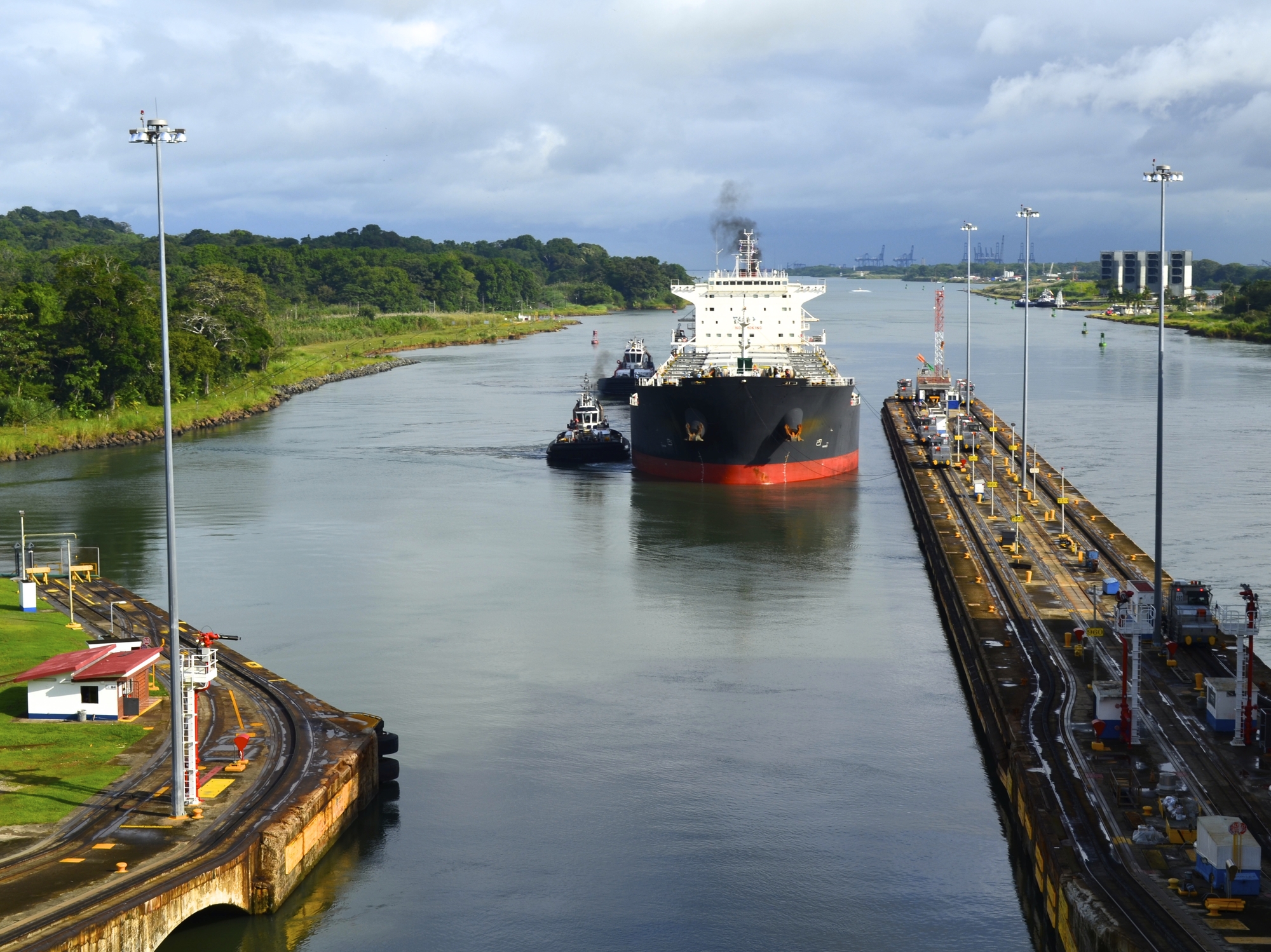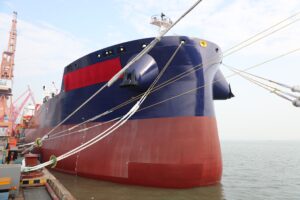The Panama Ship Registry started its new rules as of August 6, requiring “full traceability” for offshore oil transfers. The PMA highlights that with the rule now in effect, Panama has become the first registry in the world to implement stricter controls and mandatory traceability for offshore ship-to-ship (STS) transfers of hydrocarbons.
The regulation requires all Panamanian-flagged oil tankers with a gross tonnage of 150 or more to notify the Panama Maritime Authority (PMA) at least 48 hours in advance, providing full technical and logistical details of each STS operation.
Non-compliance, depending on its severity, may lead to the cancellation of a vessel’s Panamanian registration.
“This measure responds to the increasing use of vessels in illicit activities such as covert crude transport, sanctions evasion, and operations lacking environmental controls – practices often associated with the so-called shadow fleet,” the registry explained in a release.
According to the new regulation, the “mandatory information” includes key data such as the name, flag, call sign, IMO number, estimated time of arrival (ETA) of all vessels involved, date, time, and geographical coordinates of the operation’s start, type of maneuver (at anchor or underway), type and quantity of hydrocarbons to be transferred.
They are also required to supply details for the estimated duration of the operation.
In addition, they must provide confirmation of an STS plan, in accordance with the regulation 41 of the MARPOL Convention, as well as contact information for each vessel’s designated person ashore (DPA).
If the estimated arrival time at the transshipment point varies by more than six hours, the vessel’s captain, owner, or DPA must update the notification to the PMA.
The new measure, which came into effect on August 6, is outlined in resolution no. 106-035-DGMM issued by the Directorate General of Merchant Marine.



